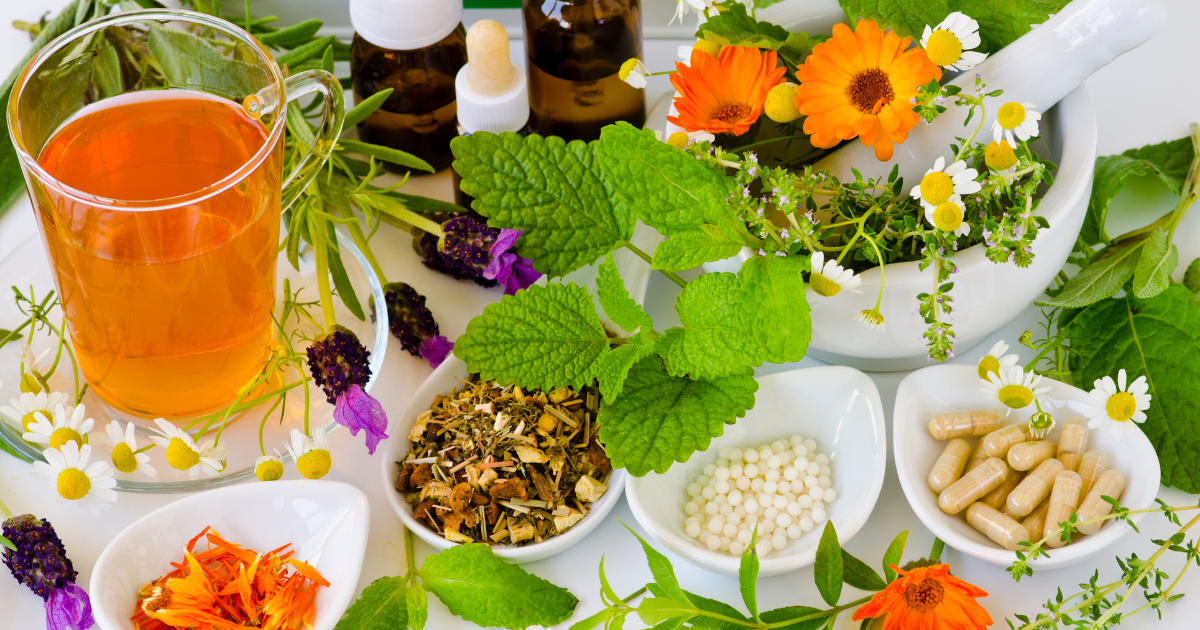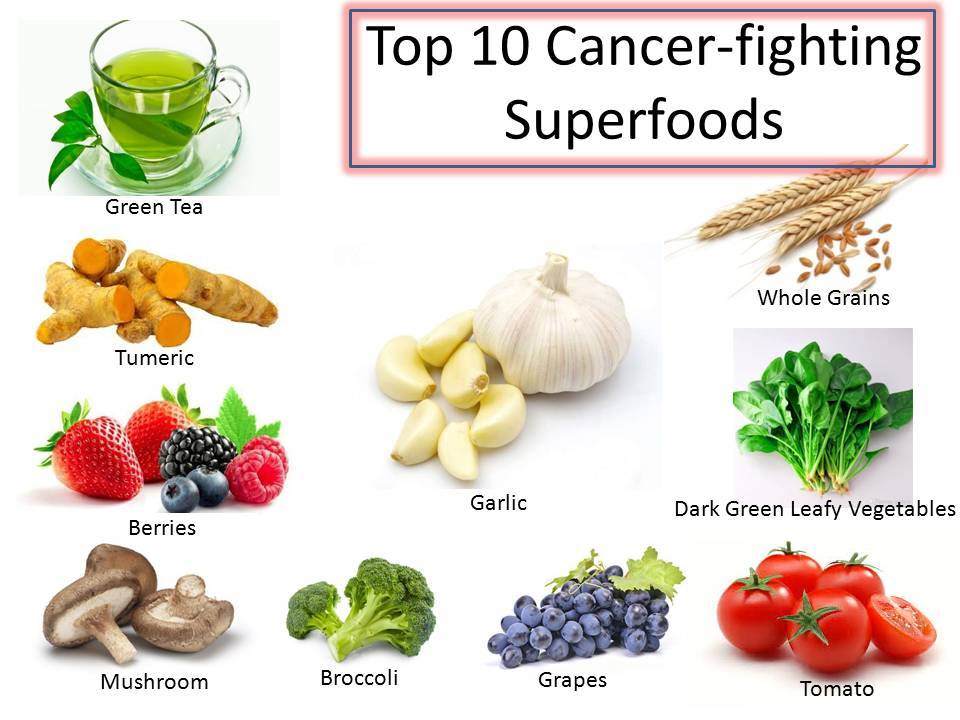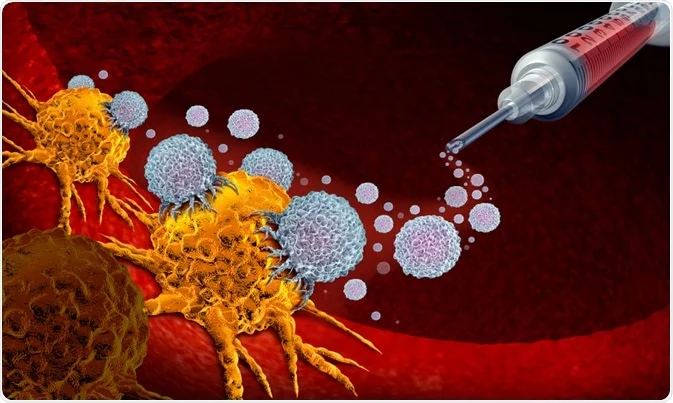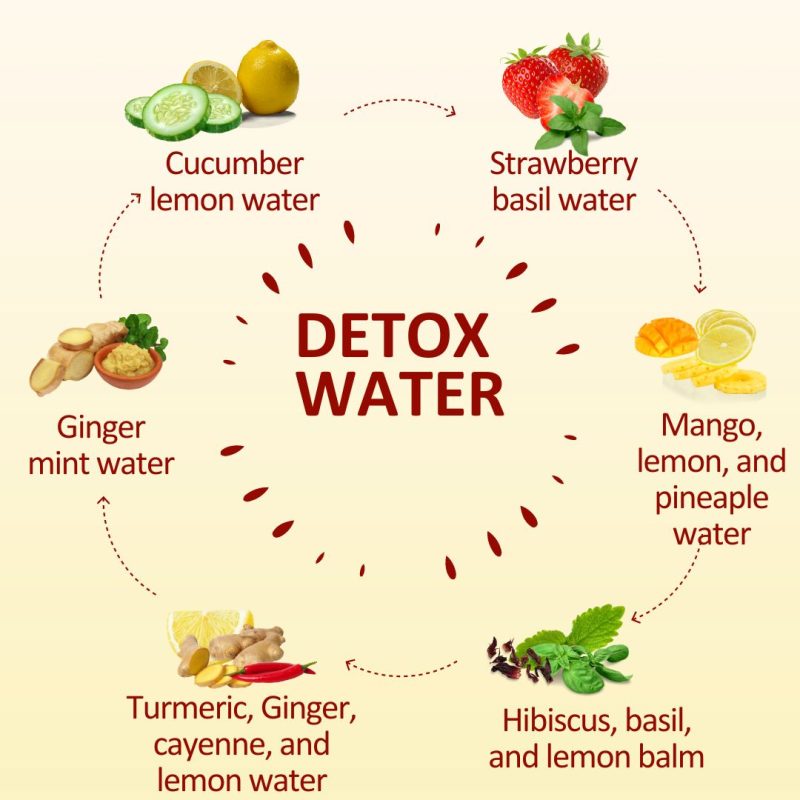Ancient Healing Secrets

Ayurveda: The Ancient Science of Life
Ayurveda, an ancient system of medicine from India, focuses on balancing the body’s energy to maintain health and prevent diseases like cancer. It emphasizes:
Dosha Balance: Ayurveda identifies three energy types (Vata, Pitta, and Kapha). Maintaining the balance of these doshas can prevent disease.
Detoxification: Practices like Panchakarma detoxify the body, reducing toxic buildup that may contribute to cancer.
Herbal Remedies: Herbs like Ashwagandha, Turmeric, and Amla have been used for centuries to support the immune system and inhibit cancer cell growth.
Ayurvedic Diet: A personalized diet that aligns with one’s dosha to optimize the body’s natural defenses.
Yoga and Pranayama: The Power of Movement and Breath
Physical Benefits: Yoga helps maintain body strength and flexibility, reducing inflammation, which is often linked to cancer.
Stress Relief: Pranayama (breathing exercises) promotes relaxation, reducing cortisol levels. Chronic stress has been linked to cancer development.
Detoxification: Deep breathing practices help detoxify the lungs and blood, ensuring optimal oxygenation to cells.
Immunity Boost: Regular yoga practice boosts the immune system, helping the body fight off abnormal cell growth.


Meditation and Mindfulness: Healing the Mind
Mental Health: Meditation reduces stress, anxiety, and depression, which have been shown to weaken immune function.
Healing Through Focus: Certain forms of meditation, like visualization, allow patients to focus on healing the body, sending positive energy to affected areas.
Mind-Body Connection: Mindfulness promotes a deep connection with the body, encouraging healthier choices and positive mental states that contribute to healing.










